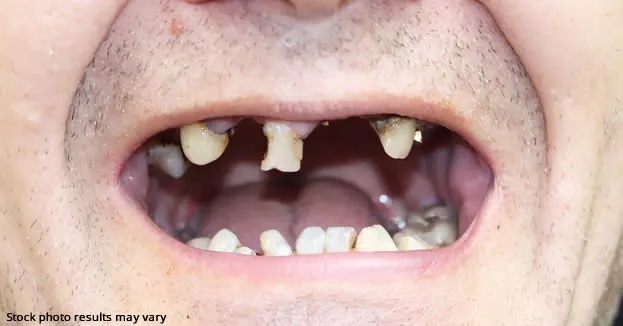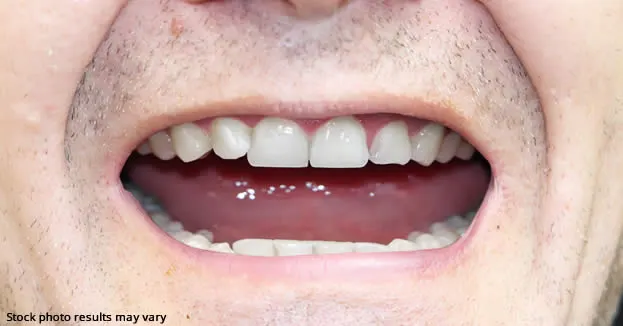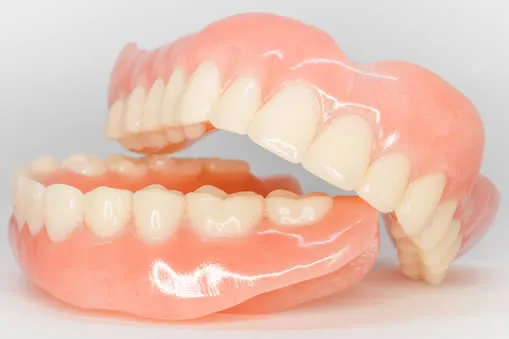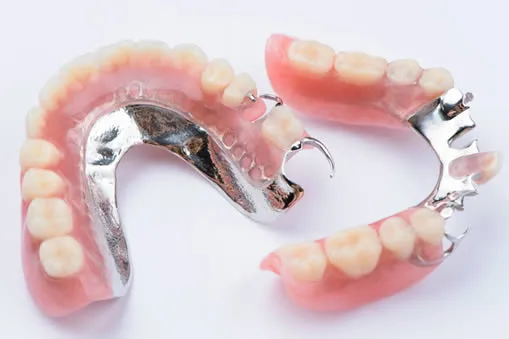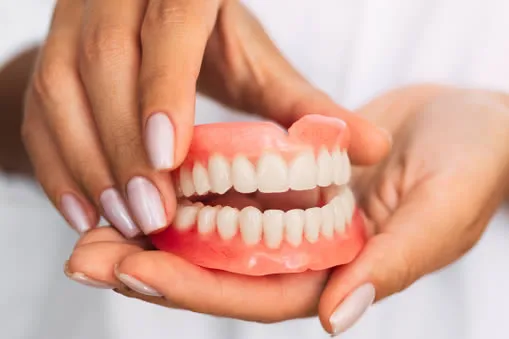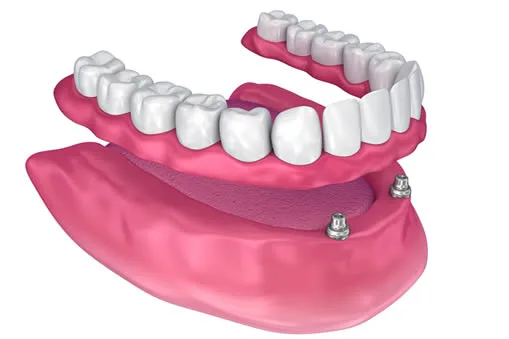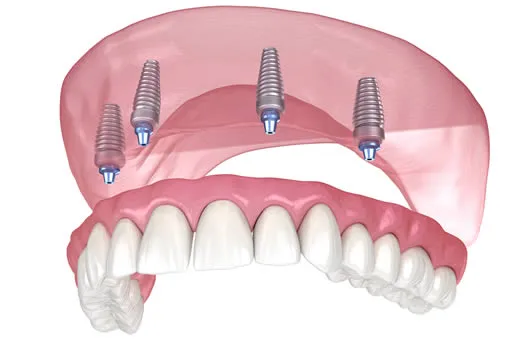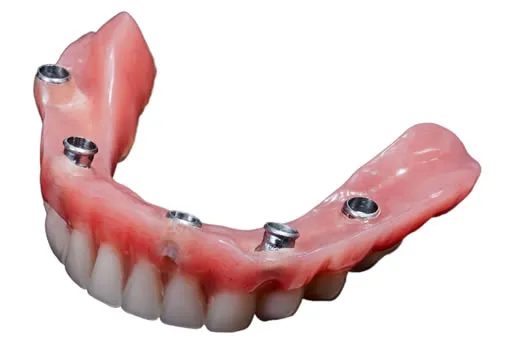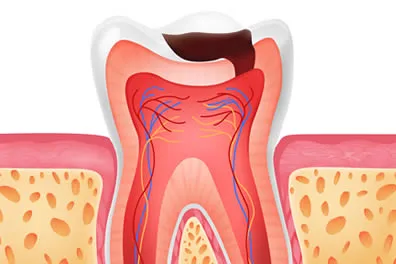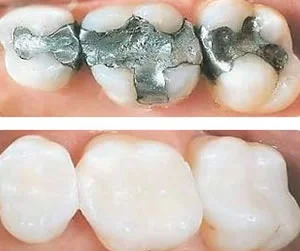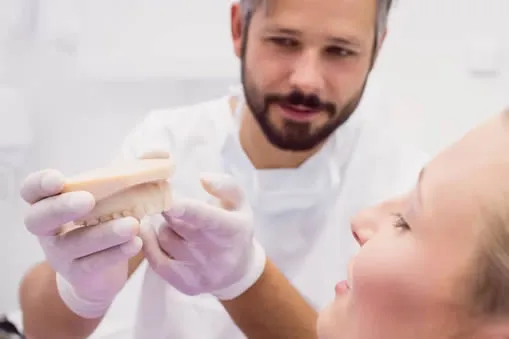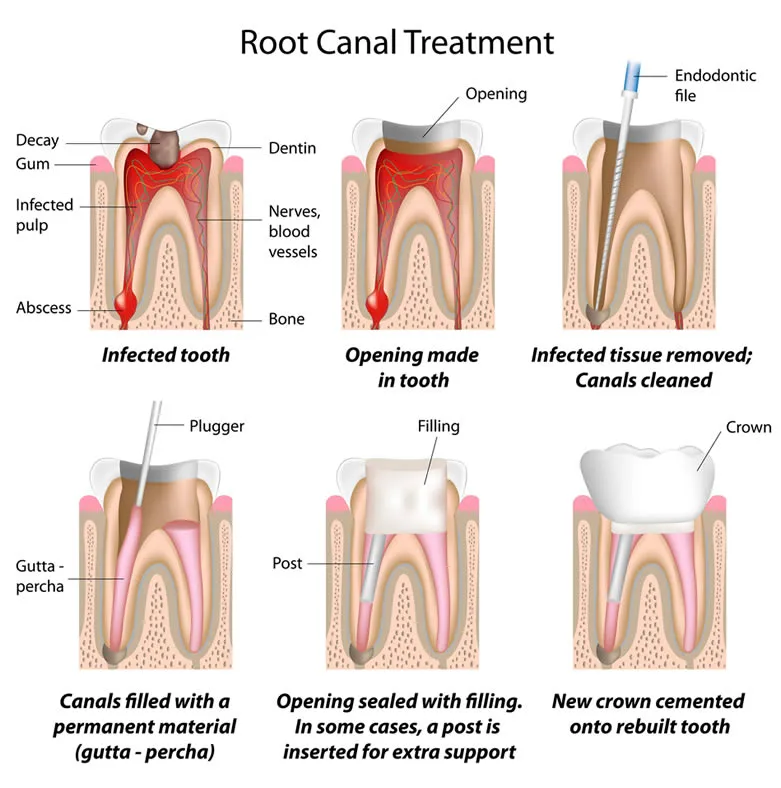Full Mouth Restoration
Are you tired of feeling self-conscious about your smile? Do you have multiple dental issues that are affecting your oral health and overall well-being? A full mouth restoration may be right option for you. This comprehensive dental treatment is designed to address all of your dental concerns and transform your smile. With a full mouth restoration, you can achieve a healthy, functional, and beautiful smile that will boost your confidence and improve your quality of life. Let’s explore what a full mouth restoration entails and how it can benefit you.
What is a full mouth restoration?
Full mouth restoration is a comprehensive dental treatment that involves restoring or replacing all of the teeth in the upper and lower jaws. This treatment is designed for individuals who have multiple dental problems, including missing, damaged, or decayed teeth, gum disease, bite problems, and other oral health issues. Full mouth restoration is a customized treatment plan that may involve a combination of dental procedures, such as dental implants, crowns, bridges, veneers, gum treatments, and orthodontics. The goal of full mouth restoration is to restore the health, function, and appearance of the entire mouth, improving the patient’s oral health and quality of life. If you have multiple dental issues that are impacting your smile, Full Mouth Restoration may be the solution you’ve been looking for.
What procedures are part of a full mouth restoration?
A full mouth restoration might include any of the following procedures:
- Dental implants: A surgical procedure to replace missing teeth with artificial teeth that are anchored to the jawbone.
- Crowns and bridges: Restorative dental procedures that can be used to repair damaged or missing teeth.
- Veneers: A cosmetic dental procedure that involves placing thin shells of porcelain or composite resin on the front surface of the teeth to improve their appearance.
- Orthodontics: A branch of dentistry that involves the use of braces, clear aligners, or other appliances to straighten teeth and correct bite problems.
- Periodontal (gum) therapy: Treatment of gum disease, which can involve scaling and root planing, antibiotics, and other procedures.
- Endodontic (root canal) therapy: A procedure to remove infected or damaged tissue from the inner part of a tooth and replace it with a filling.
- Dental fillings: A procedure to remove decayed material from a tooth and fill the cavity with a restorative material such as composite resin or amalgam.
- Dental bonding: A cosmetic dental procedure that uses a tooth-colored resin to repair chipped, cracked, or discolored teeth.
- Tooth extractions: Removal of a tooth that is damaged, decayed, or causing other dental problems.
- TMJ (temporomandibular joint) therapy: Treatment for disorders of the jaw joint, which can involve exercises, medication, or in severe cases, surgery.
- Bone grafting: A surgical procedure to replace missing bone in the jaw to provide support for dental implants or other restorations.
- Sinus lifts: A surgical procedure to add bone to the upper jaw in order to support dental implants.
- Gum grafting: A surgical procedure to replace lost or damaged gum tissue.
- Teeth whitening: A cosmetic dental procedure that uses bleaching agents to lighten the color of the teeth.
More Questions about Full Mouth Restorations?
Contact our office today to schedule a consultation. We can go over all your dental options and customize a dental plan just for you. We look forward to seeing you.
Are you a candidate for a full mouth restoration?
Patients who suffer from multiple dental issues such as chipped or missing teeth, cracked or broken crowns, severe decay, enamel breakdown, and stains may benefit from a full mouth restoration. This comprehensive treatment approach aims to restore the function, health, and aesthetic of the entire mouth.
Dental issues such as missing or damaged teeth can make it difficult to chew, speak, and even smile with confidence. A full mouth restoration can address these issues and restore the ability to perform basic oral functions with ease. It can also enhance the appearance of your teeth and boost your self-esteem.
Moreover, some patients choose to undergo a full mouth restoration to correct crooked or misaligned teeth without undergoing orthodontic treatment. This is especially beneficial for those who may not have the time or patience for traditional braces or aligners.
If you’re experiencing dental pain or discomfort, difficulty eating or speaking, or if you’re unhappy with the appearance of your teeth, schedule a consult with our Conyers dentist to determine if a full mouth restoration is right for you. We will evaluate your oral health and create a personalized treatment plan that addresses your individual needs and goals.
Planning full mouth restoration
A dental professional will evaluate and plan out a full mouth restoration by performing a comprehensive examination of the teeth, gums, and jawbone. This process includes several steps:
- Comprehensive Dental Exam: The first step in planning a full mouth restoration is a comprehensive dental exam, which includes taking x-rays, photographs, and impressions of the teeth and gums. This allows the dentist to evaluate the overall health of the mouth and identify any underlying issues that need to be addressed.
- Oral Health Evaluation: The dentist will evaluate the overall oral health of the patient, which includes examining the teeth and gums for signs of decay, damage, or infection. They will also check for signs of periodontal disease, which can affect the health of the gums and bone supporting the teeth.
- Bite Analysis: The dentist will evaluate the patient’s bite and jaw function to determine if there are any issues with alignment or temporomandibular joint (TMJ) disorder.
- Treatment Planning: Based on the findings of the examination, the dentist will create a personalized treatment plan that addresses the patient’s individual needs and goals. This may involve restorative procedures such as fillings, porcelain crowns, or bridges, orthodontic treatment, periodontal treatment, and cosmetic dentistry procedures such as teeth whitening or veneers.
- Reviewing Treatment Options: The dentist will review the treatment plan with the patient, explaining the various options available and their benefits and risks. They will also discuss the expected timeline, cost, and any possible complications or side effects.
- Follow-Up: Once the treatment plan has been agreed upon, the dentist will schedule the necessary appointments and follow-up visits to ensure the success of the full mouth restoration and maintain the health and longevity of the restorations.
ADDITIONAL FREQUENTLY ASKED QUESTIONS ABOUT FULL MOUTH RESTORATIONS
Can a full mouth restoration fix my crooked teeth without braces?
Will my full mouth restoration look natural?
Yes, a skilled and experienced dentist can create natural-looking restorations that blend in with your existing teeth and enhance the appearance of your smile.
How much does a full mouth restoration cost?
The cost of a full mouth restoration can vary depending on the extent of the treatment. It is important to schedule a consultation with at our dental office to get an accurate estimate of the cost.
Can a full mouth restoration improve my overall oral health?
Yes, a full mouth restoration can address multiple dental issues, such as decay, damage, or misalignment, which can improve the overall health of your mouth.
Is there a dentist near me in Conyers that offers full mouth restorations?
Yes. At our Conyers dental office we offer full mouth restorations to patients from Conyers and the surrounding area. Contact our office today to schedule an appointment.




